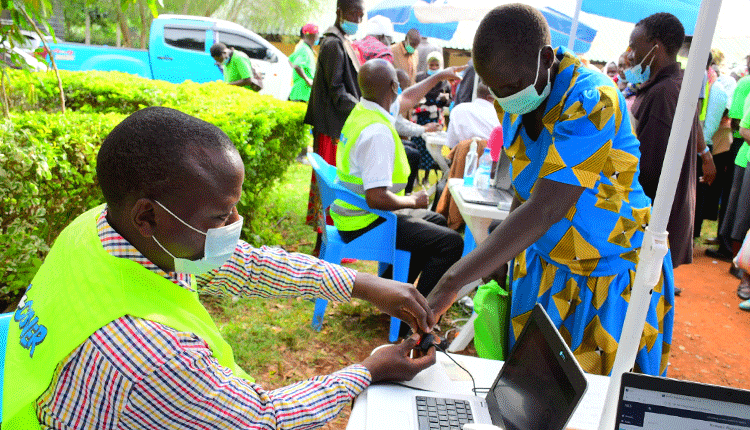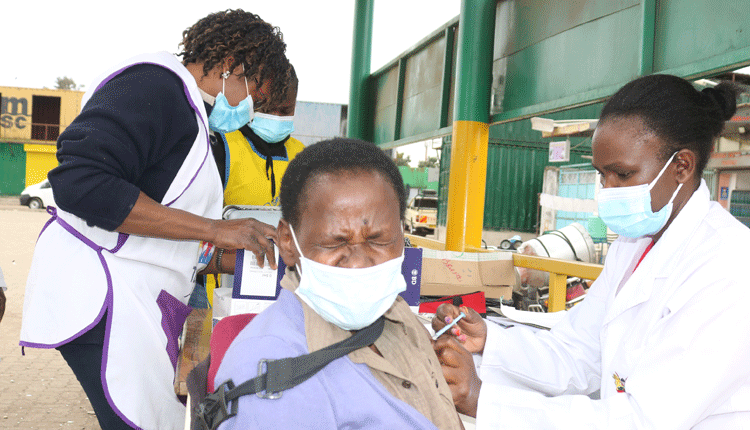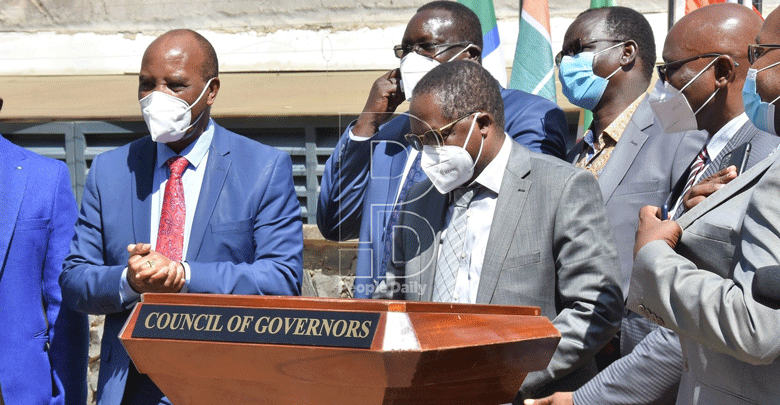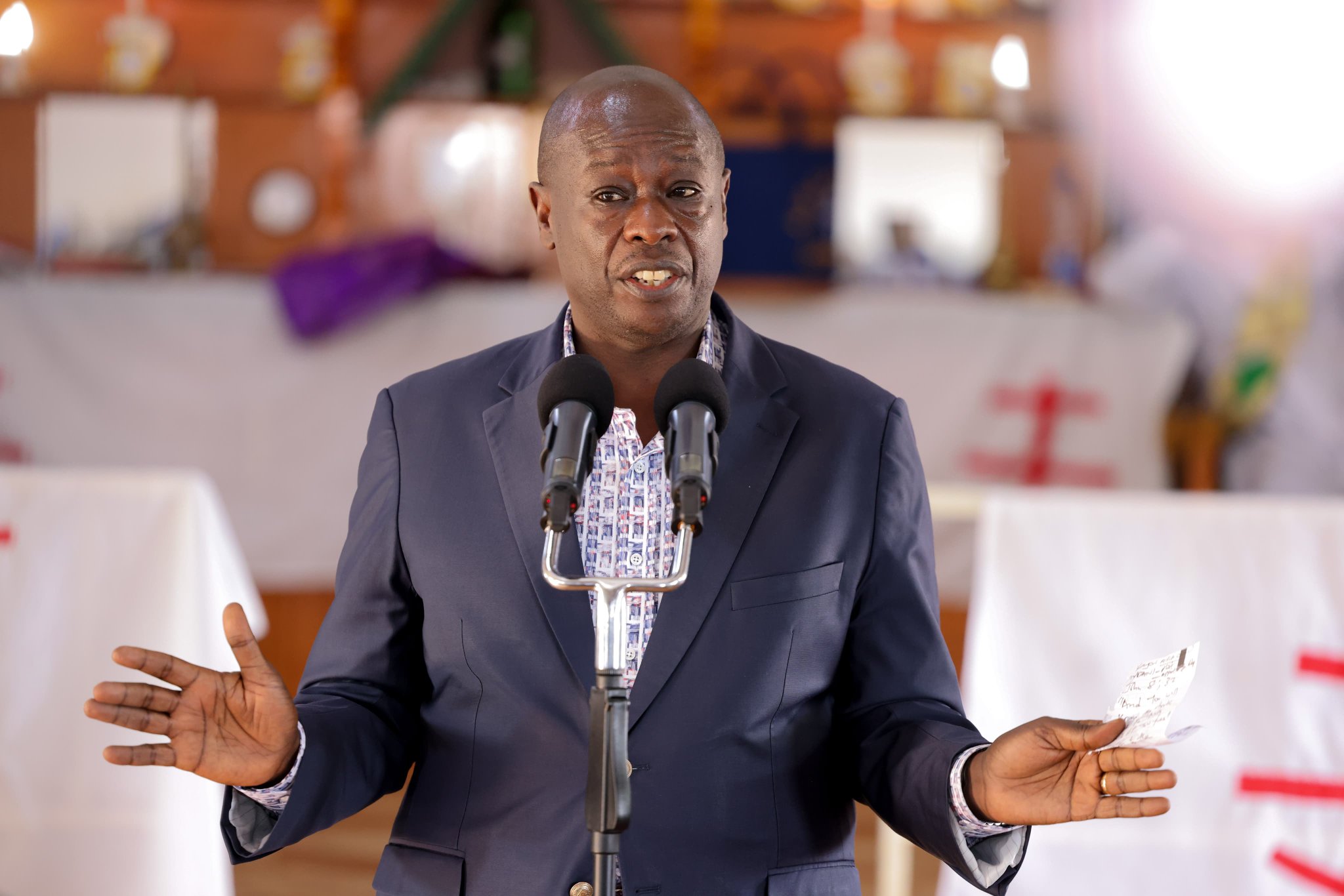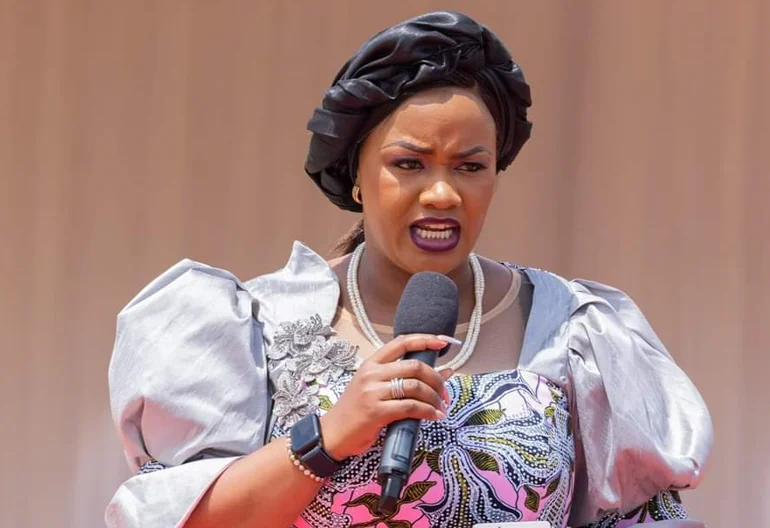Ban on co-curricular activities bitter pill for talented students
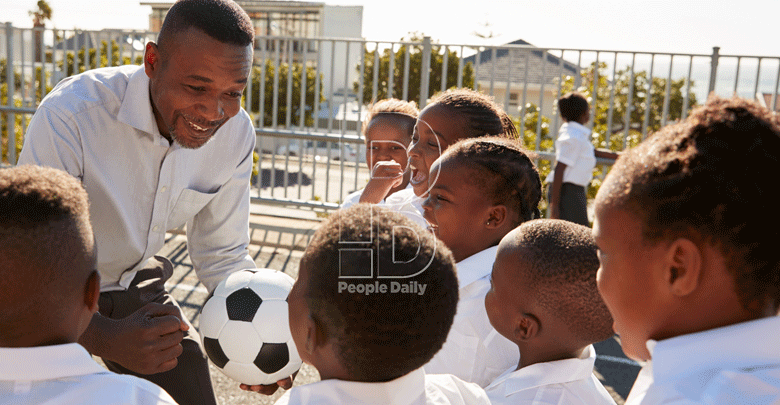
The ban on extracurricular activities in schools this term continues to stir debate and cause division among education stakeholders, who have faulted the decision terming it discriminatory and warn that the effects would be immediate.
The Ministry of Education imposed the ban to limit a spike in coronavirus infections through contact during inter-school sports, music and drama competitions.
The education cabinet secretary Prof George Magoha issued the new guidelines during the reopening of schools a fortnight ago, after a nine-month hiatus precipitated by the Covid-19 pandemic.
In his announcement the CS also barred parents, guardians and the media from accessing schools, arguing their presence could compromise the outcomes of the Kenya Certificate of Primary Education and Kenya Certificate of Secondary Education to be conducted in March and April.
“Some of our students are on sports scholarships, so when you deprive them what they do best, because you believe calculus is the best for all, it’s unfortunate,” says Musing’u High School principal Bernad Lukuyia.
He says schools serve as youths’ talent centres, and the ban robs scores of budding sportsmen and women of a chance to hone their trade and future.
He equally faults scrapping of games time in the school timetable in favour of daylong study hours describing it as counter-productive and it likely could lead to burnout or breed resentment among students.
Anthony Mutevani, the programme officer with the Canadian Harambee Education Scheme (Ches), a scholarship scheme for students from poor backgrounds, says games are an integral segment of the learning process and must not be omitted in favour of academics.
He warns that devoting all day to academic work in a bid to cover the syllabus in the shortest time could compromise quality and academic performance.
“A loaded syllabus rushed through in limited time would overburden the weaker students and result in a backlash,” he told Scholar.
“There are some students who will not keep pace with the crash programme, hate school and eventually drop out. Too much work and no play makes Jack a dull boy,” he asserted.
Unique term
He says it was wrong for the government to settle on a crash curricular programme even though it was fully aware not all children are cognitively endowed.
“I know of students who are in school courtesy of soccer or rugby scholarship, so what happens when this activity is suddenly scrapped?” he asks.
This term is unique in all aspects for its considered third term for Grade Four pupils, and a national examination term for the Standard Eight and Form Four candidates who resumed classes earlier, in October last year.
So, while the candidates are etching towards the exams, the other classes are in term two, of which in an ordinary Kenyan school calendar, should have sporting activities, such as music, football for both boys and girls, volleyball, athletics, swimming, rugby sevens-a-side, handball among others.
Kenya Secondary Schools Heads Association (KSSHA) and Kenya Primary Schools Headteachers Association (Kepsha) for the primary segment, which are responsible for organising sports at the two levels, have called for a collective involvement of all education players on how sporting activities can resume in schools.
Indimuli Kahi, KSSHA chairman says all associations, includgpy
ing teachers’ unions should come together and chart a way forward before approaching the education ministry.
“If the association single handedly goes to the ministry without everyone else, the ministry might be reluctant to listen to us,” he says.
He noted that resumption of inter-schools games would require maximum discipline and draconian guidelines to ensure safety of learners and also prevent the rise of infections.
For years, Kenya’s talent development has been embedded in primary and secondary schools.
Some of the schools renowned for producing the country’s best soccer and rugby, athletics, hockey, volleyball, basketball and handball include Kakamega School, Friends School Kamusinga, Musingu High School, Maseno School, Laiser Hill Academy and St. Anthony’s Boys High School, Kitale.
Students in boarding schools were also slapped with a ban on visiting days and education trips. Parents and guardians, according to the government will be allowed in schools in exceptional circumstances.
Prof Magoha, expecting crowded classrooms, asked school heads to be innovative, rearrange sittings in classrooms and dining halls to meet social distancing rules.
Mutevani says the government is silent on how it intends to ensure students in crowded dormitories remain safe after keeping the social distance the whole day is a puzzle.
